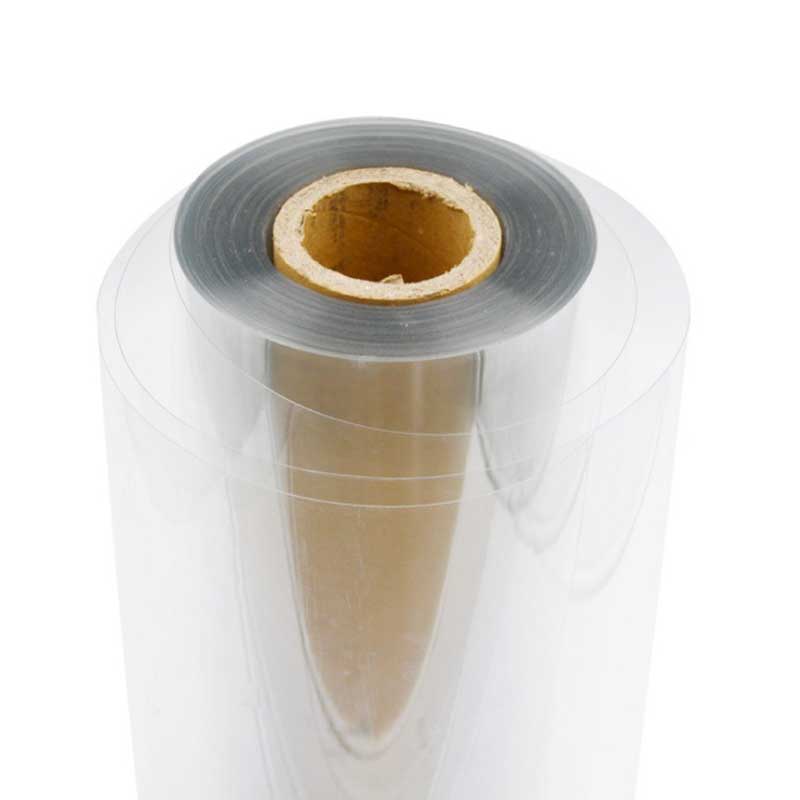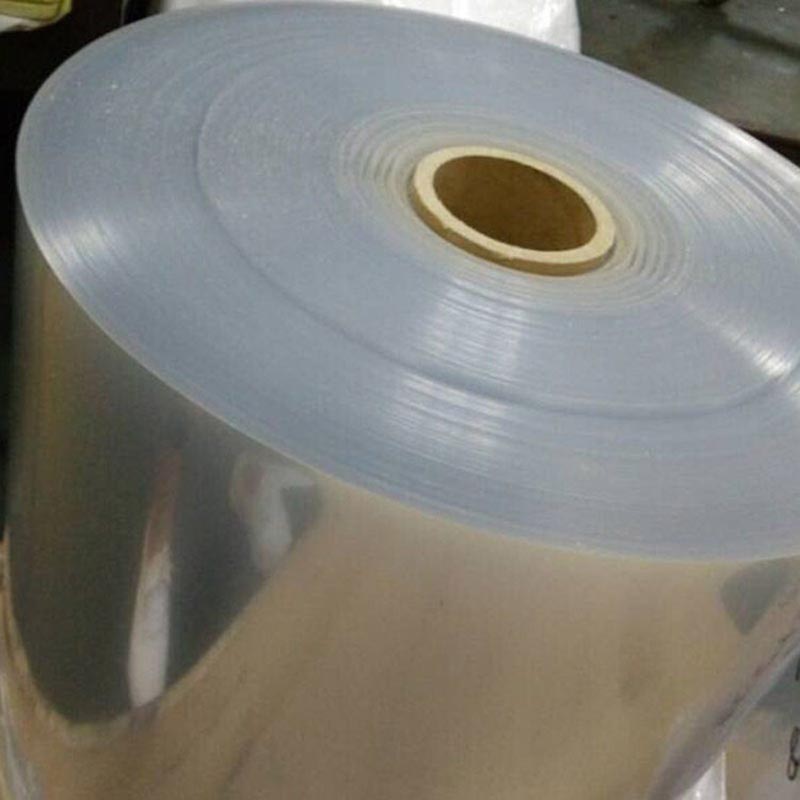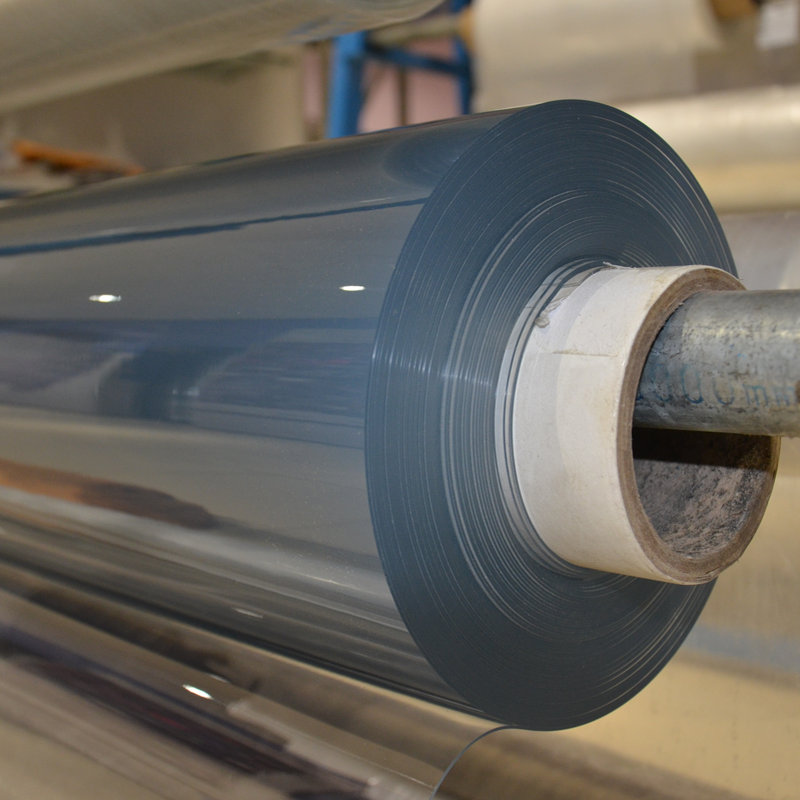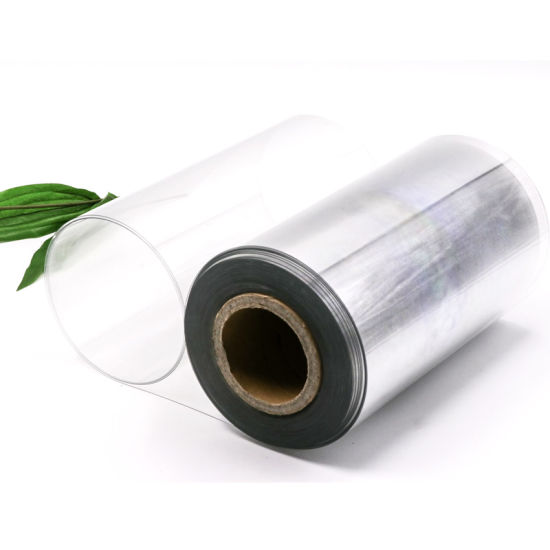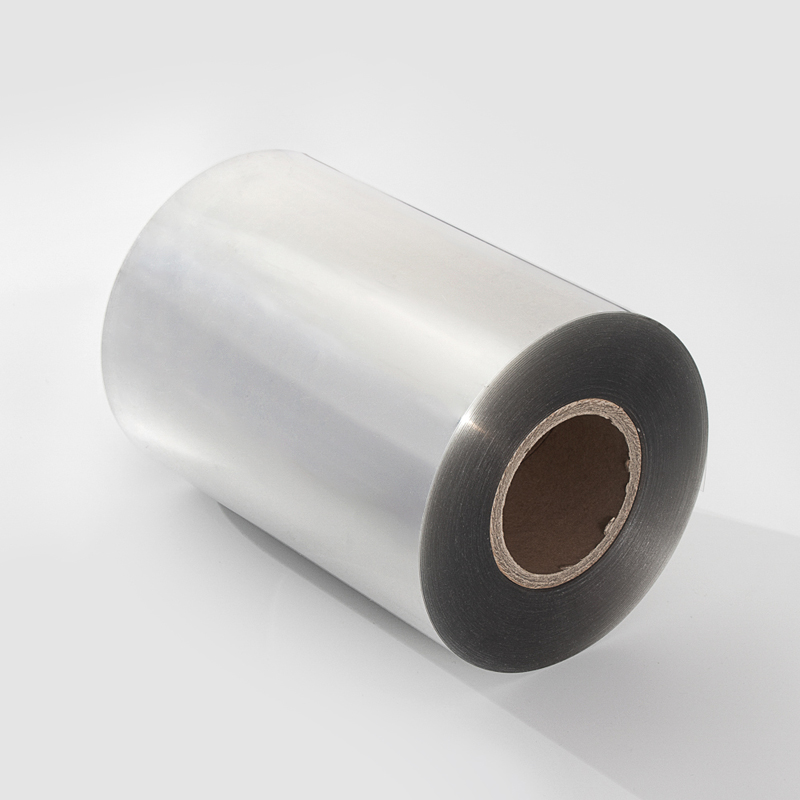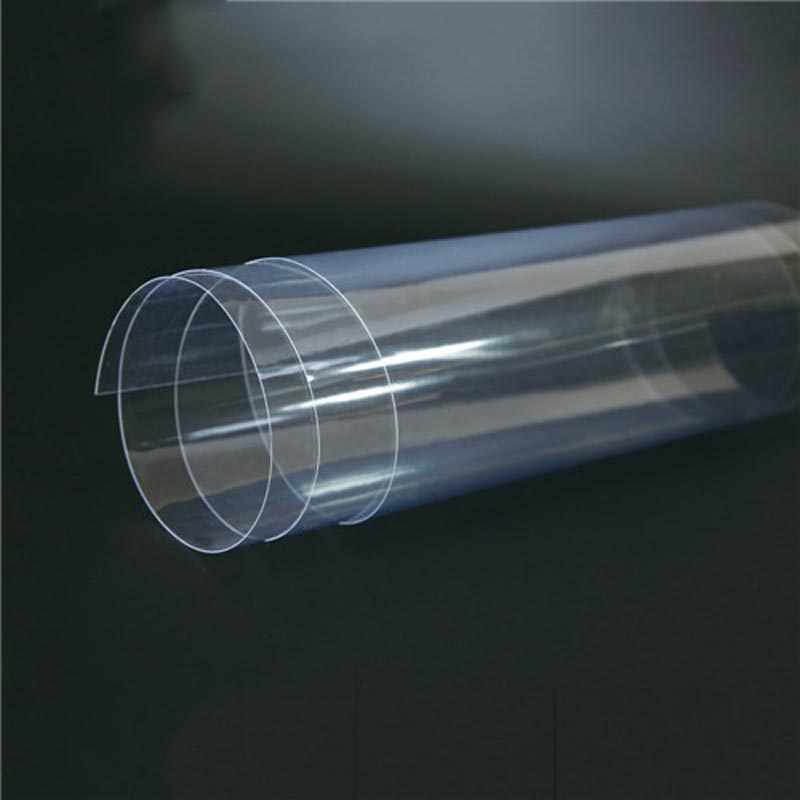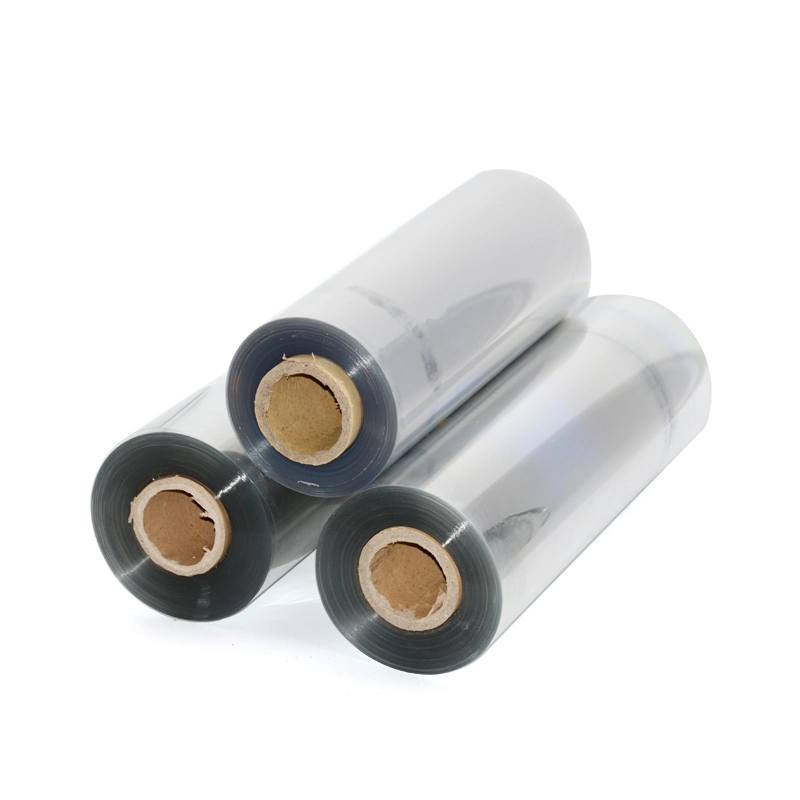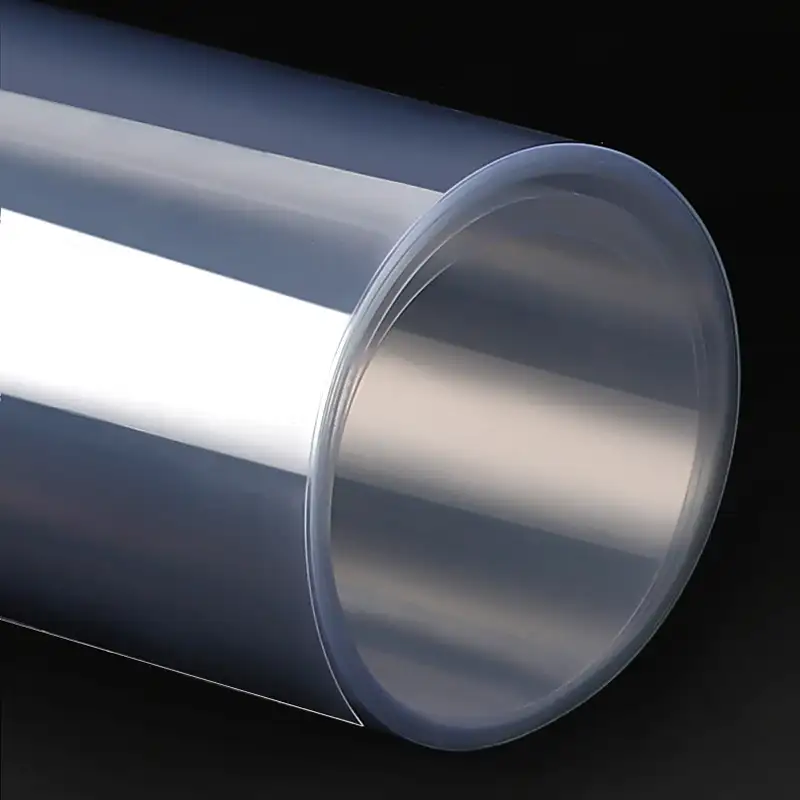Help To Accelerate PET Plastic Recycling
2024-04-28 10:13:49
News
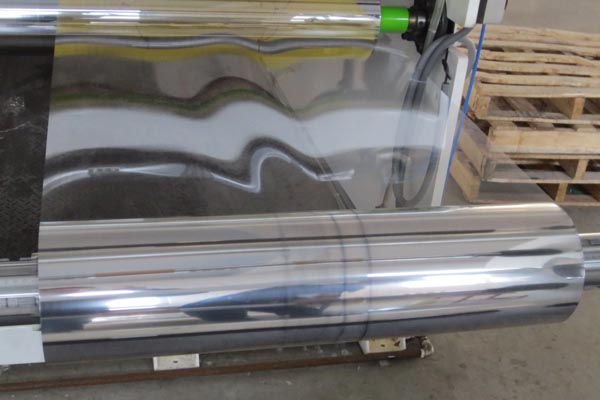
With the increasing global concern for sustainability and environmental protection, plastic pollution has become a pressing issue worldwide. Among the common packaging materials, PET (Polyethylene Terephthalate) plastic holds a significant market share. However, as the usage of PET plastic continues to rise, enhancing recycling rates becomes crucial. This article explores ways to accelerate PET plastic recycling to mitigate its adverse impact on the environment.
1. Awareness and Education
First and foremost, raising awareness about PET plastic recycling through widespread campaigns and educational initiatives is essential. Governments, businesses, and non-profit organizations can collaborate to disseminate information on plastic pollution and recycling. Utilizing media, social networks, and educational institutions can help people understand the correct methods for sorting and recycling PET plastics, ultimately boosting recycling rates.
2. Establishing Recycling Infrastructure
The key to accelerating PET plastic recycling lies in developing robust and efficient recycling infrastructure. Governments and businesses should invest in constructing modern recycling facilities, employing advanced technologies and equipment to ensure a more efficient and environmentally friendly recycling process. Simultaneously, establishing conveniently located recycling bins and stations can encourage residents to dispose of their PET plastics properly.
3. Implementing Incentive Policies
Governments can implement incentive policies to encourage businesses and individuals to participate in PET plastic recycling. These incentives may include rewards for recycling, tax breaks, or other economic stimuli. Through such policies, more people can be motivated to engage in the recycling process, creating a positive cycle that leads to increased recycling of PET plastics.
4. Technological Innovation and Research
Investing in technological innovation and research is another crucial aspect of accelerating PET plastic recycling. Introducing new recycling technologies and methods can enhance recycling efficiency while reducing costs. Supporting scientists and engineers in their research efforts can continuously improve the technological aspects of PET plastic recycling, making it more sustainable and environmentally friendly.
5. Industry Collaboration and Global Cooperation
Lastly, industry collaboration and international cooperation are vital in promoting PET plastic recycling. All segments of the industry chain need to work together to establish common standards and processes for more efficient recycling and reuse. Additionally, global collaboration is necessary to address the issue of plastic pollution collectively, sharing experiences, and promoting sustainable development.
In conclusion, accelerating PET plastic recycling requires collaborative efforts from various stakeholders, including governments, businesses, social organizations, and individuals. By raising awareness, building infrastructure, implementing policies, fostering technological innovation, and encouraging international cooperation, we can hope to achieve greater success and make a positive impact on the environment. Only through collective efforts can we construct a more sustainable future."
1. Awareness and Education
First and foremost, raising awareness about PET plastic recycling through widespread campaigns and educational initiatives is essential. Governments, businesses, and non-profit organizations can collaborate to disseminate information on plastic pollution and recycling. Utilizing media, social networks, and educational institutions can help people understand the correct methods for sorting and recycling PET plastics, ultimately boosting recycling rates.
2. Establishing Recycling Infrastructure
The key to accelerating PET plastic recycling lies in developing robust and efficient recycling infrastructure. Governments and businesses should invest in constructing modern recycling facilities, employing advanced technologies and equipment to ensure a more efficient and environmentally friendly recycling process. Simultaneously, establishing conveniently located recycling bins and stations can encourage residents to dispose of their PET plastics properly.
3. Implementing Incentive Policies
Governments can implement incentive policies to encourage businesses and individuals to participate in PET plastic recycling. These incentives may include rewards for recycling, tax breaks, or other economic stimuli. Through such policies, more people can be motivated to engage in the recycling process, creating a positive cycle that leads to increased recycling of PET plastics.
4. Technological Innovation and Research
Investing in technological innovation and research is another crucial aspect of accelerating PET plastic recycling. Introducing new recycling technologies and methods can enhance recycling efficiency while reducing costs. Supporting scientists and engineers in their research efforts can continuously improve the technological aspects of PET plastic recycling, making it more sustainable and environmentally friendly.
5. Industry Collaboration and Global Cooperation
Lastly, industry collaboration and international cooperation are vital in promoting PET plastic recycling. All segments of the industry chain need to work together to establish common standards and processes for more efficient recycling and reuse. Additionally, global collaboration is necessary to address the issue of plastic pollution collectively, sharing experiences, and promoting sustainable development.
In conclusion, accelerating PET plastic recycling requires collaborative efforts from various stakeholders, including governments, businesses, social organizations, and individuals. By raising awareness, building infrastructure, implementing policies, fostering technological innovation, and encouraging international cooperation, we can hope to achieve greater success and make a positive impact on the environment. Only through collective efforts can we construct a more sustainable future."
Make Inquiry
- Main Category
- APET Sheet Roll
- RPET Sheet Roll
- PETG Sheet Roll
- GAG Sheet Roll
- ESD Antistatic PET Sheet Roll
- Latest Products
